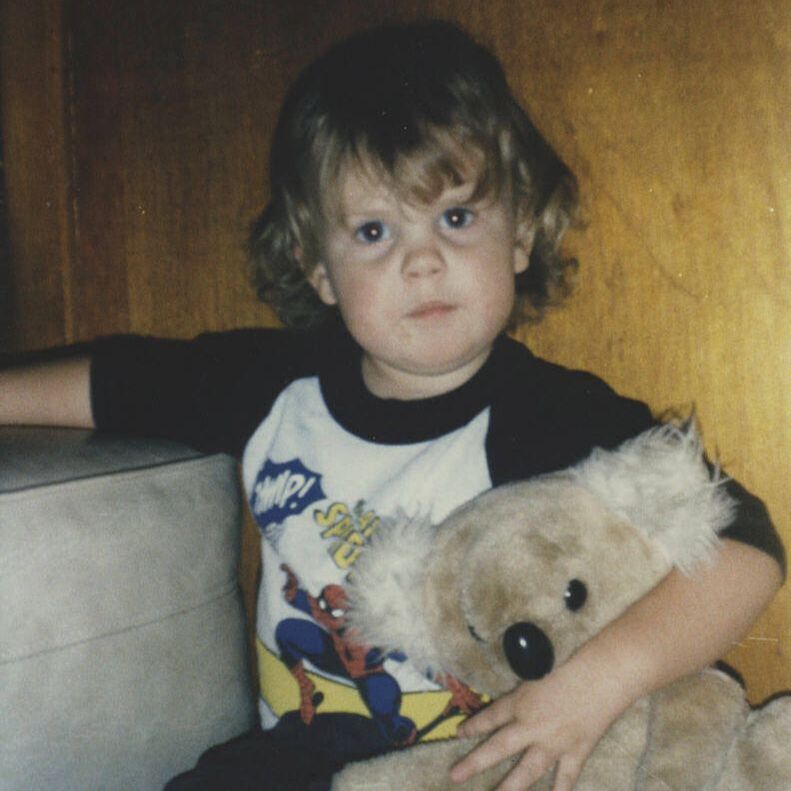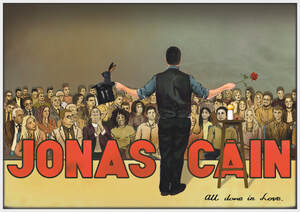|
“I just spoke to your brother. He doesn’t understand why you won’t speak to him. He says he’s not upset with you.”
“Of course he’s not upset with me!” I replied to my mother, “I’m not the one who did anything wrong. He’s the one who wronged me!” When you jump into a cold pool, at first the temperature is unbearable; but after just a short period of time, you get used to the temperature and can endure the situation with relative ease. But by the time I was 18 years old, I had little ease dealing with the shenanigans of my relative and decided to cut my brother out of my life. I felt right to cut him out. Just because he’s family, that doesn't mean he has a free pass to treat me however he wants. And just like jumping into a cold pool, it didn’t take long to get used to not having him in my life. But after five years of the silent treatment, and not long after our grandmother died, I started to wonder who the grudge was really hurting. Him or me? Or perhaps our mother? “What if he died?” I wondered. “Would I still feel right about the silent treatment?” Perhaps it was time to give forgiveness a try. When the 10 million people of the Incan Empire were conquered by only a few hundred Spanish conquistadors in 1572, the general population didn’t hold a grudge. Instead, they accepted their situation as “what was done.” Like jumping into a cold pool, within a relatively short period of time they got used to the “turning over of time and space.” This “turning over” is a situation they referred to as pachakuti—an epoch-changing event they believed was supposed to happen periodically through the ages. Forgiveness can be hard—especially when you feel justified in your grudge—yet picking up hot coals to throw at others will do far more harm to you than the person they are intended for. Perhaps, like the Incas, it was time for me to accept what was done, give forgiveness a try, and turn over a new leaf of time and space. I did eventually forgive my brother, setting myself free to experience the joy of the present and empowered with the understanding that to err is human and to forgive is divine. After all, he is my brother, and when he is gone, he will be gone—and I am my brother’s keeper. Reflection What grudge are you holding? What might you do to put down the poison, forgive, and turn over a new leaf of time and space? When my wife sat me down and told me we needed to talk, I knew something was wrong.
I could see it in her face. Despair had never taken over her eyes like that, in all the years I’d known her. All I wanted to do was comfort her and make whatever it was troubling her go away. When she told me what had happened, it was from this place of compassion that I responded the way I did. I simply blurted out the first words that came to my mind to relieve her suffering. “I forgive you.” To this day, I don’t know if she believed me. Sara had just admitted to having an affair with one of her colleagues, and I could see the torment her unfaithfulness was inflicting upon her. Perhaps it was because she was not yet ready to forgive herself that she could not believe what she heard from my heart, yet despite the seriousness of her transgression, my words were sincere. I was fully prepared to forgive her misstep because of all the times I too had needed forgiveness, because I knew what it meant to be sorry, and because I knew how it felt to want nothing more than to go back in time and make different choices. It was from this place of compassion that I forgave Sara for her wandering heart, to not make her feel any worse than she already felt. To be clear, forgiveness does not excuse such actions, for just as we should not abandon our own promises lightly, we should likewise be leery of lightly accepting the unmet promises of others. But what forgiveness does do is acknowledge the transgression while also offering an opportunity to work together to pick up the pieces and begin the process of returning to right relations, even if it means things won’t necessarily be the same again. What’s more, this forgiveness was not solely for her benefit, for it was just as much a gift for myself. A wild fire of anger and resentment can do far more hurt to the one on fire than to the one the anger is directed towards. Forgiveness is a medicine for the poison of anger, an opportunity to dampen the fires, calm the heart, and begin the process of healing the hurt we feel. It can sometimes feel impossible to offer forgiveness, when an especially egregious act has been committed against us, yet the reciprocal gift of forgiveness is the only way to sincerely move forward with clarity, confidence, and courage. Reflection What transgressions might you be holding onto? How might you put down the poison and offer the reciprocal gift of forgiveness? |
AuthorI'm a mirror (and so are you). Topics
All
Archives
February 2022
|


 RSS Feed
RSS Feed
